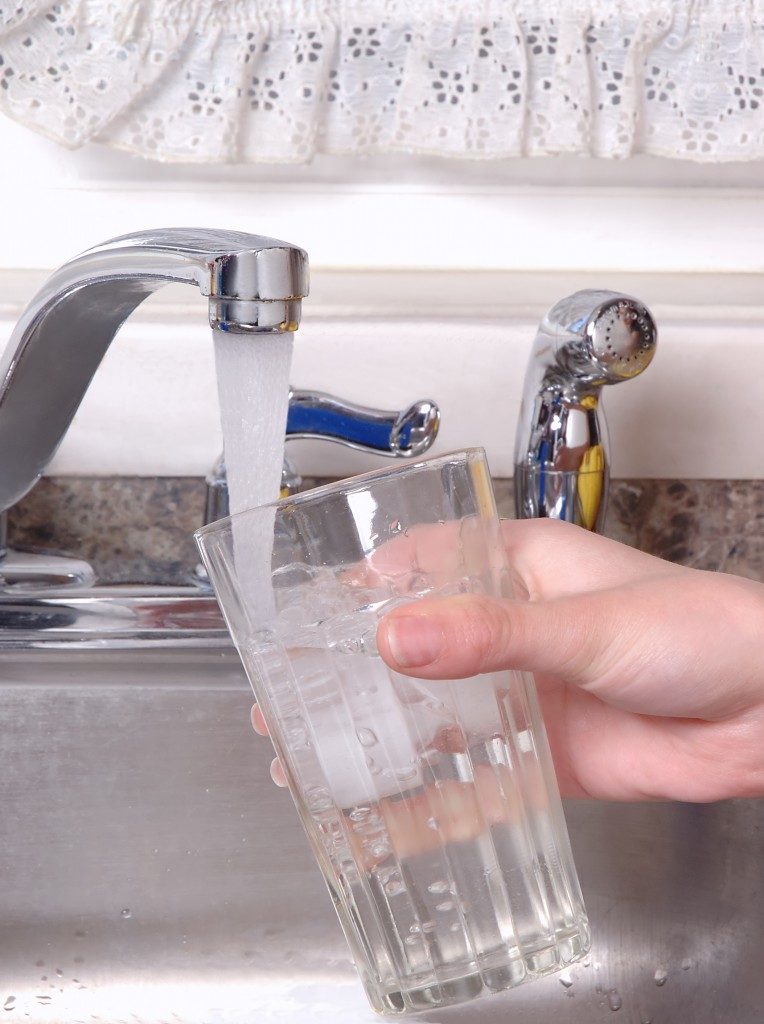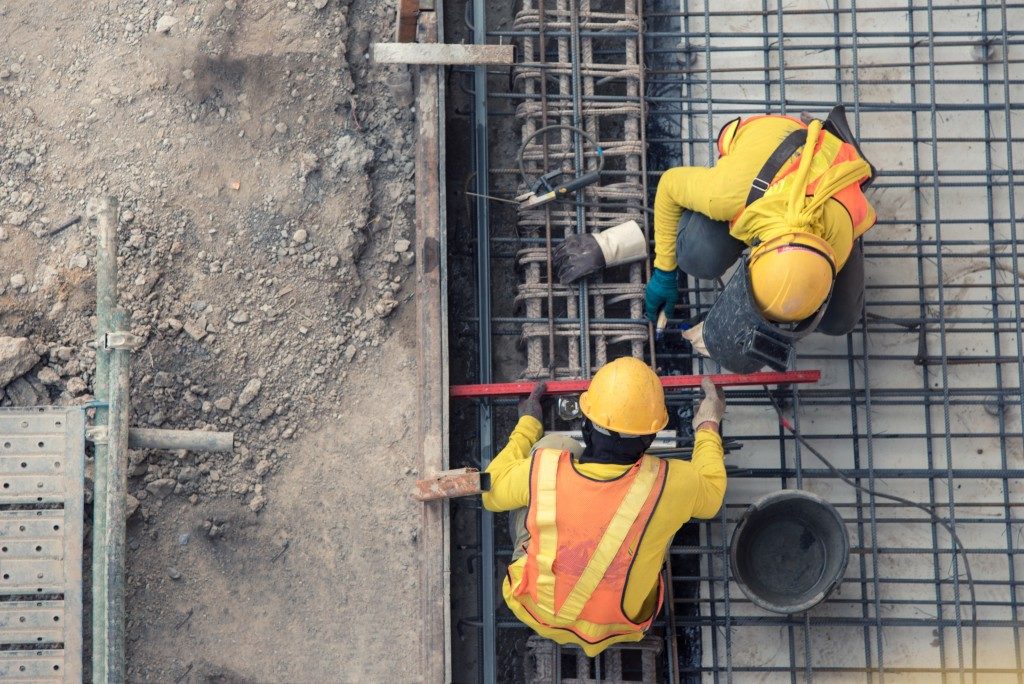The Environmental Protection Agency says that the United States has one of the safest, most reliable sources of drinking water around the world. While contaminated drinking water is not so much of an issue in developed countries such as the U.S. and Canada, it doesn’t mean that it’s completely impossible. It’s the least of many people’s concerns. They don’t usually notice any changes as long as the liquid coming out of their faucets still looks like water.
Occasionally, however, your once safe tap water may no longer be safe after all. You may encounter an unpleasant smell, a bitter taste, or a weird combination of both. However, before you start purchasing bottled water for your safety, learn some of the signs that your drinking water may need a bit of a recheck. After all, contaminants can be the cause of huge health problems and plumbing issues. Here are a few telltale signs that your drinking water may be at risk:
Gas or Oil
Depending on the amount of exposure, consuming water that has been contaminated with either gasoline or semi-volatile elements can detrimental to your health. This becomes even more dangerous if you’re pregnant as it will not affect only you but also your newborn baby. The moment you notice an off-putting smell in your water, stop drinking straight from the tap right away.
Metallic Taste or Blue-green Stains Found on Your Sink
Getting that metallic taste in your water may mean that there is copper in it. Like all other contaminants that have been mentioned, copper in high levels can cause health problems in the liver, kidney, digestion, and blood. Call a plumber in Cottonwood Heights as soon as you realize that your water may have some amount of copper mixed in it.
Chlorine or Bleach-like Odor

Do you notice that your tap water smelling so much like your swimming pool? It’s very likely. To get rid of bacteria and other harmful microorganisms present in the water, many municipal water plants add chlorine into public water as part of a treatment system. This, in turn, makes regular drinks taste unappetizing. While this may be a common practice, overexposure to chlorine has been known to cause a number of illnesses in the long run such as heart disease and cancer. One of the best ways to address this issue is by getting an effective filtration system that will remove traces of lingering chemicals.
Sharp Taste of Chemicals
This could mean that pesticides have been mixed in your drinking water. Pesticides are known to be very extremely toxic for human consumption and can go as far as completely damaging the DNA. Having unsafe levels of pesticides present in your tap water could put you at risk of pulmonary issues, immunodeficiency, birth defects, and cancer. As such, once you suspect the presence of pesticides in your tap water, stop consumption immediately and get it tested.
These contaminants are easier to spot as they give off either a strange taste or smell. Still, others can be equally as harmful but not as noticeable, such as lead, because they do not have any odor, taste, or residue. This is why no matter how safe your current water sources may be, don’t forget to get your water checked regularly and your home properly maintained.


